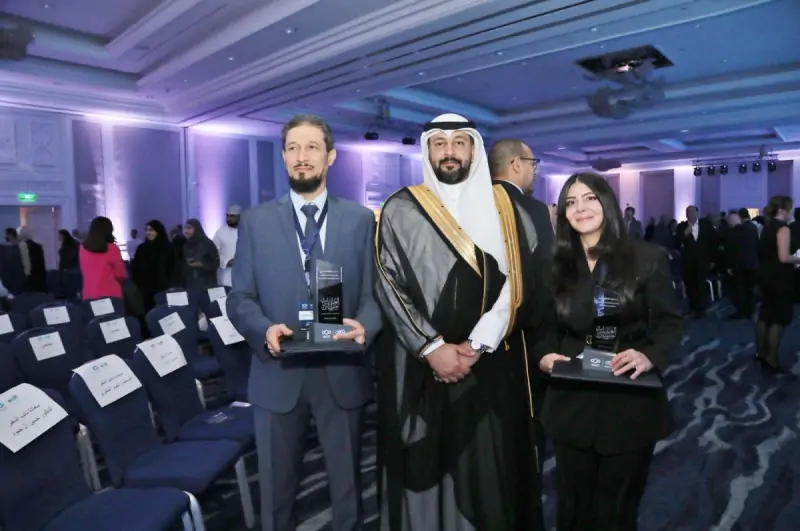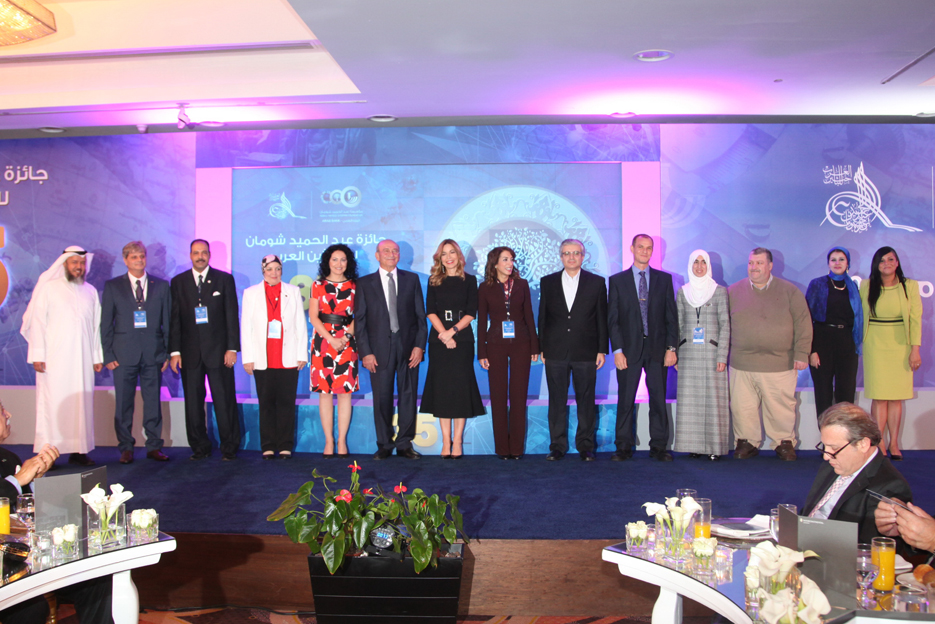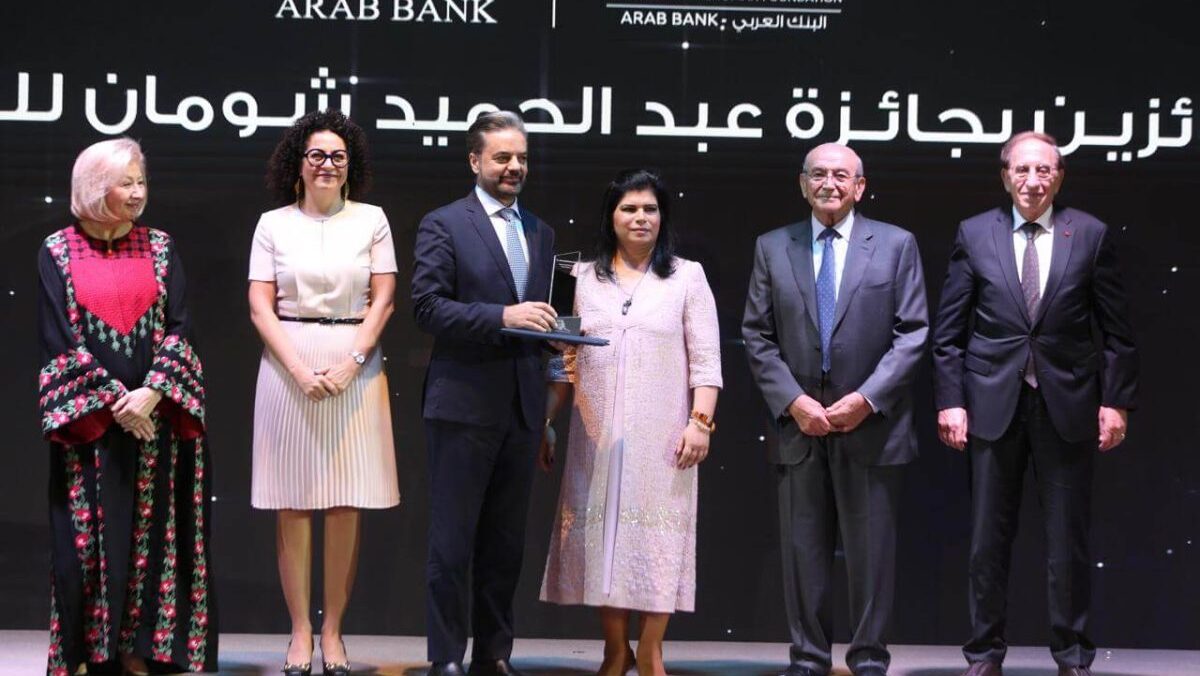Kuwaiti researchers have brought pride and recognition to their country by winning two prestigious awards at the 43rd Abdul Hameed Shoman Arab Researchers Award ceremony held in Amman. Their achievements reflect not only personal dedication and excellence, but also the rising prominence of Kuwaiti science and innovation in the wider Arab world.
Recognition at the Heart of Amman
The Abdul Hameed Shoman Arab Researchers Award, now in its 43rd session, is a hallmark of scientific achievement across the Arab region. This year’s competition drew 522 applications from researchers representing diverse Arab nations. After rigorous screening and peer review, only 10 winners were selected. Among them were two distinguished Kuwaiti scholars whose work stood out for its originality, impact, and potential to address pressing challenges.
Kuwaiti Laureates and Their Fields
The two Kuwaiti winners came from very different yet equally vital fields:
- Dr. Bader Shafaqa Al-Anzi, from the Department of Environmental Sciences at Kuwait University’s College of Life Sciences, won the award in the Water, Energy, and Food Sciences field. His research focuses on innovations and technologies for better water efficiency.
- Dr. Haneen Shafiq Nadhim Al-Ghabra, recognized in the Humanities, Social and Educational Sciences category for her work on the role of media in manufacturing public consent. Her research delves into how media shapes narratives and influences social opinion, a deeply relevant subject in today’s information-rich societies.

Why Their Wins Matter
These successes are meaningful on several levels not just personally for the researchers, but broadly for Kuwait and for the Arab research community as a whole.
Firstly, the triumph underscores the growing capacity in Kuwaiti research institutions to produce internationally competitive work. It is a sign that the environment for scientific inquire funding, mentorship, infrastructure is strengthening.
Secondly, the topics chosen by the Kuwaiti awardees are vital. Water-use efficiency is a critical concern in many Gulf countries and wider arid regions. Advancements here can help ensure sustainable agriculture, reduce environmental stress, and improve living standards. Similarly, understanding media’s influence on public opinion speaks to issues of governance, education, and social cohesion. These are areas where insightful research can help guide policy and public discourse.
The Journey to Winning
Winning the Abdul Hameed Shoman Award is not a simple feat. It involves meeting strict eligibility criteria: having a distinguished scientific output over the past five years, publication in peer-reviewed journals, and work that is carried out either in an Arab country or with Arab involvement.
Moreover, the evaluation process weeds out proposals that are incomplete or fail to meet the award’s relevance and quality thresholds. This year, many applicants were disqualified for missing documentation or not satisfying conditions; only a subset of the submitted works were sent for in-depth review.
Celebration, Motivation, and Hope
Upon announcement of the winners, Valentina Qussisiya, the Executive Head of the Abdul Hameed Shoman Foundation, offered her congratulations to the researchers. She emphasized that winners like these represent a precious resource for Arab nations people who lead the charge in development, innovation, and societal progress.
For Kuwait, the dual victory highlights both environmental and social issues as worthy areas of investment. It also sends a message to young researchers that ambitious, well-directed research can win both regional recognition and make a real difference.

Looking Forward
What comes next, of course, is translating recognition into action. For Dr. Al-Anzi, refining and scaling up innovations in water efficiency smart irrigation, monitoring of water networks, better use of waste and saline water could make substantial contributions. For Dr. Al-Ghabra, research into media influence might inform educational initiatives, media literacy programmes, or even policy frameworks that safeguard against manipulation and support healthier public discourse.
Kuwaiti institutions and stakeholders have an opportunity to build on this momentum: by funding further research, supporting cross-border collaborations, investing in infrastructure and mentoring, and ensuring that academic success leads to societal benefit.
A Broader Implication for Arab Research
This event in Amman is a reminder to all Arab nations that despite challenges limited resources, varying capacities excellence is possible. The award’s structure, with its multiple categories (medical & health sciences; engineering & technology; basic sciences; humanities & social & education; economics & administration; water, energy & food) ensures that many fields find their place.
The competition encourages diversity of topics, cross-disciplinary thinking, and solutions that are locally relevant but globally informed.
Do follow Gulf Magazine on Instagram.
Also Read – Qatar’s E-Government Revolution: Shaping a Smart, Efficient Future



